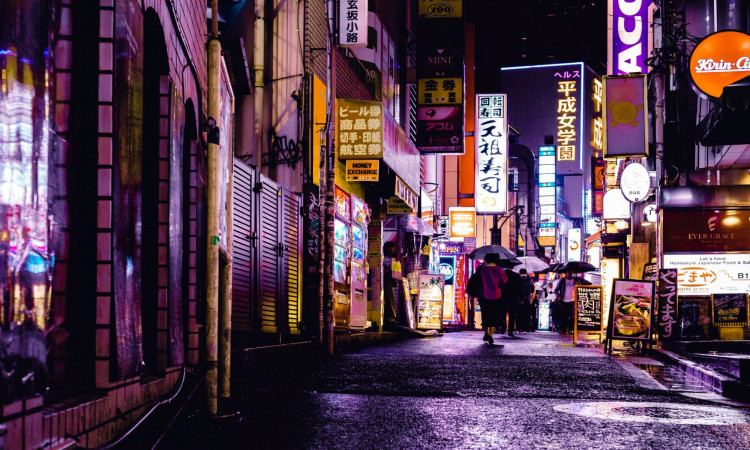Months ago, when the coronavirus hit Japan and its regions, the world's eyes were focused on Hokkaido, one of its island in the northern part. This has been because of how amazing the island in controlling the spread of the virus since the authorities declared a state of emergency on February 28.
Unfortunately, not too long after the island has lifted its state of emergency on March 19, Hokkaido is now experiencing a second wave of COVID-19. An instant increase in cases and number of death happened among its locals and foreigners, which according to experts is a result of lifting the emergency too early.
As the problem arise, the island of Hokkaido has declared a new state of emergency in hopes of controlling the virus once again on April 7, as reported by Japan Times. "We are facing a crisis of a second wave in the spread of (the coronavirus) infections", said Hokkaido Gov. Naomichi Suzuki. Suzuki further asked the locals of Chiba, Tokyo, Kanagawa and Saitama, Hyogo, Osaka, and Fukuoka to refrain from visiting leisure places and attending to unimportant gatherings to prevent the virus from spreading.
Amid all that happened to Hokkaido, experts say the lessons from both the island's strengths and mistakes could help other countries in approaching this pandemic. But what are these lessons?
MASS TESTING IS CRUCIAL
Hokkaido has been very effective in controlling the virus by isolating those people who are showing symptoms. Unfortunately asymptomatic people were set aside.
Believing that mass testing is only a "waste of resources", the authorities have set aside the thought of considering large-scale testing. When the red flag was lifted, more people were then infected through local transmission since authorities were not able to track the source of the epidemic.
THE MORE PEOPLE MOVING AROUND, THE MORE IT IS DIFFICULT TO CONTROL THE VIRUS
Amid the increasing number of cases in the country, authorities in Japan were not able to implement a strong restrictions during their first "lockdown". Though schools have been closed, other shops and businesses for leisure remained opened and people were still living a normal life, as shared by BBC.
To control the virus this time, Professor Kenji Shibuya of King's College London, emphasizes the need to strengthen these measures not just for Hokkaido but across Japan. The Professor further explains that the more people are free to move and roam around, the more difficult it is to control the virus.






